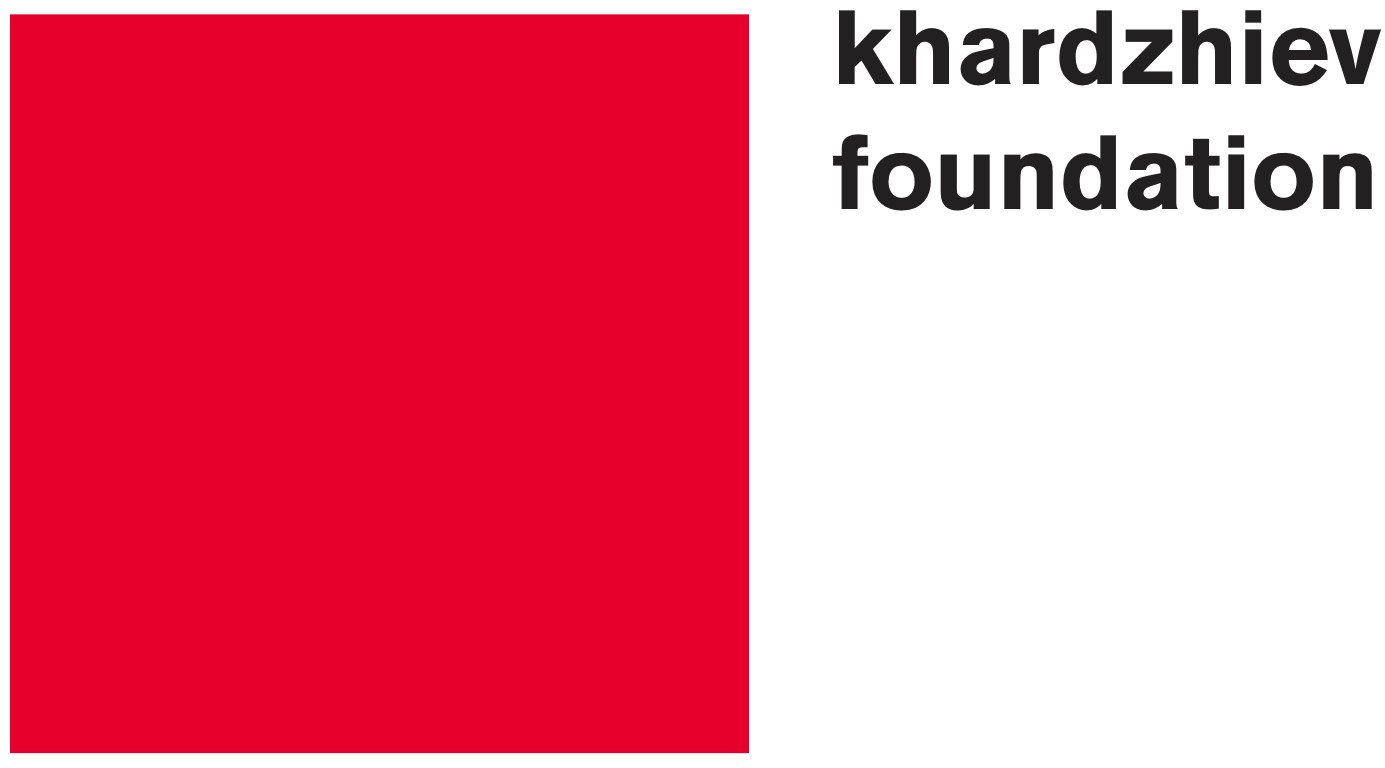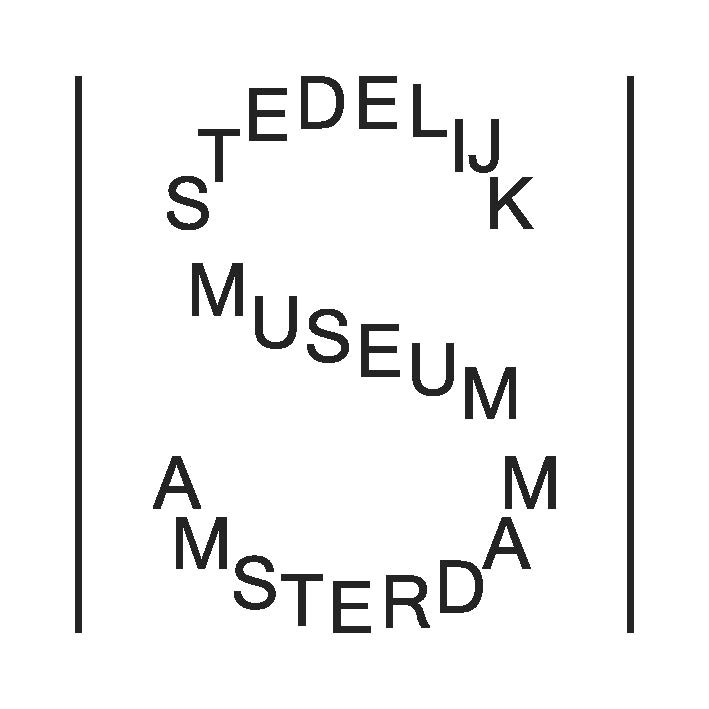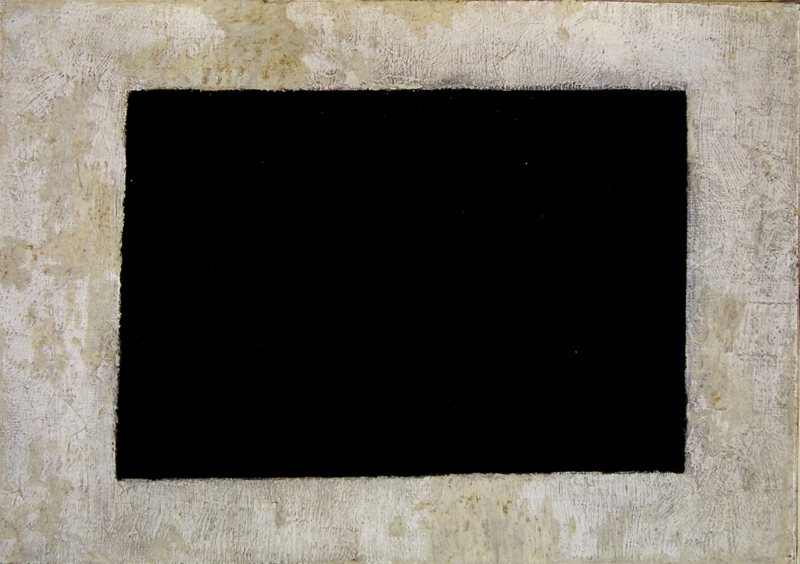Collector culture of the Russian Avant-garde
Fourth International Khardzhiev conference
Thessaloniki, 22-23 October 2021
hosted by
MOMus Museum of Modern Art - Costakis Collection, Thessaloniki
In collaboration with the Khardzhiev Foundation and the Stedelijk Museum Amsterdam
Avant-garde collectors like Costakis and Khardzhiev are leading names within a broader collector culture that flourished during the Russian Thaw, the post-Stalin epoch of the 1950s and 1960s. At the time, several collectors collected art that was either not or rarely acquired by museums, thus playing a major role in the preservation of cultural heritage that would otherwise have been largely lost. They purchased and preserved frowned-upon Avant-garde art, often under uncustomary circumstances, as well as art works that were labelled ‘formalistic’, or were considered undesirable for other reasons, such as art by former emigrants or art with a religious connotation.
Collectors such as Costakis, Chudnovsky, Shuster, Semenov and others collected Avant-garde art as part of broader collections of modernist art, which included works by post-impressionists, symbolists and early cubists. Their collections also played a major role in the rise of so-called unofficial art or nonconformist art -- firstly, because they acquired this nonconformist art, but also because they allowed contemporary artists access to their collections and thus offered access to an Avant-garde culture that was absent in museums. These collectors therefore also played a role in the connection between the Avant-garde and the culture of the non-conformists. The same goes for the unique collection of mainly post-Avant-garde art brought together by museum director and collector Igor Savitsky for the Nukus Museum of Art in Uzbekistan.
In a broader sense, this collector culture is a typical phenomenon of the period of Thaw (and later of Stagnation) with its typical atmosphere of limited liberties, an aspiring civil society, combined with ongoing political repression, and ongoing politicization of aesthetics.
The history of collecting in Soviet times, also mediated and informed the collecting practices of Western-European and American private and public collections. The history of the Russian collections of, for example, the MOMA, the Stedelijk Museum, the Ludwig Museum, the Thyssen-Bornemisza Museum, the CCA collection Montreal, Museum Sztuki Lodz, are immediately connected to the culture of Avant-garde art collecting. Beyond that, collections like those of the Zimmerli Art Museum of Soviet non-conformist art, could also be considered as they originate from the same collecting culture.
Conference's website here --> https://bit.ly/3gXvXqZ
The registration for the conference will be free of charge.
The number of participants who can attend the conference is limited due to the Covid-19 restrictions and the seats will be given out on a first come, first served basis.
More information regarding the attendance measures and the registration form will be released soon.
Main language will be English.



